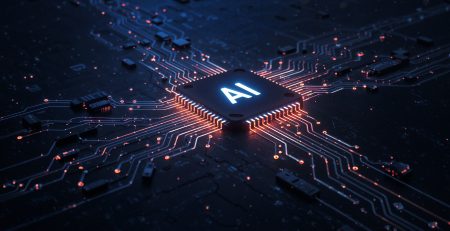From Hard Skills to Human Skills: The New Frontier of Workforce Development
🧠 From Hard Skills to Human Skills: The New Frontier of Workforce Development
Introduction
As artificial intelligence, automation, and digital transformation reshape the world of work, one truth is becoming increasingly clear — the skills that once guaranteed professional success are no longer enough. Technical competencies and hard skills, though still essential, are now being complemented — and often outpaced — by human skills that machines cannot replicate: creativity, empathy, adaptability, and emotional intelligence.
In the AI-powered workplace of the future, the ability to connect, lead, and innovate will be just as valuable as the ability to code or analyze data. This paradigm shift signals a new frontier in workforce development — one that prioritizes human potential as the ultimate competitive advantage.
The Shift from Hard Skills to Human Skills
For decades, educational systems and corporate training programs emphasized hard skills — technical expertise, process efficiency, and subject-matter specialization. However, as automation takes over repetitive and data-driven tasks, businesses are discovering that success depends more on how people think, collaborate, and solve problems, not just what they know.
A report by the World Economic Forum (2023) highlights that six of the top ten skills of the future are human-centered, including analytical thinking, resilience, empathy, and leadership. Organizations that foster these capabilities are finding themselves more agile and innovative — better equipped to navigate uncertainty and drive growth.
Why Human Skills Are Becoming the New Currency
1. AI Can Replicate Logic, Not Empathy
While machines excel in pattern recognition and prediction, they lack emotional intelligence — the ability to understand and respond to human experiences. Empathy and compassion will define the next generation of leaders, particularly in customer-facing, managerial, and creative roles.
2. Adaptability Is the Foundation of Future Readiness
The pace of technological change demands continuous learning. Professionals who can adapt, unlearn, and relearn will remain relevant — and organizations must create cultures that reward curiosity and flexibility.
3. Creativity Fuels Innovation
AI can optimize existing systems, but true innovation comes from human imagination. Creative thinking enables companies to design unique products, experiences, and business models that stand out in saturated markets.
4. Collaboration Is the Glue of Hybrid Teams
In a world where teams are increasingly distributed across geographies and time zones, collaboration and communication are essential. Human connection — supported by technology — drives trust, alignment, and shared purpose.
How Organizations Can Build a Human-Skills Culture
1. Redefine Learning and Development (L&D)
Move beyond technical certifications to programs that nurture emotional intelligence, leadership, communication, and resilience. Human skills should be embedded into every level of training — from onboarding to executive education.
2. Foster Psychological Safety
Encourage environments where employees feel safe to express ideas, take risks, and learn from mistakes. This nurtures innovation and builds trust within teams.
3. Promote Cross-Functional Collaboration
Break down silos by designing projects that bring together employees from different disciplines. This not only strengthens teamwork but also sparks creative problem-solving.
4. Recognize and Reward Human Competencies
Performance evaluations should measure not only what employees achieve but also how they achieve it — valuing empathy, mentorship, and communication alongside results.
The Human Edge in a Digital Age
Technology may be the engine of the future, but humanity is the driver. The organizations that succeed will be those that invest as much in developing emotional intelligence and leadership as they do in AI and analytics.
In a rapidly evolving global economy, the most powerful skill may not be technical mastery — but the ability to stay profoundly human.









Leave a Reply